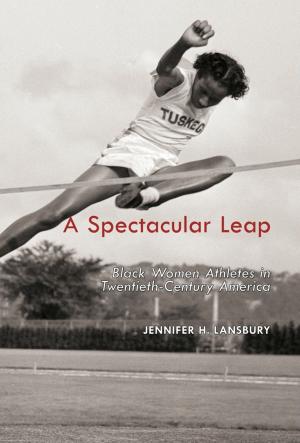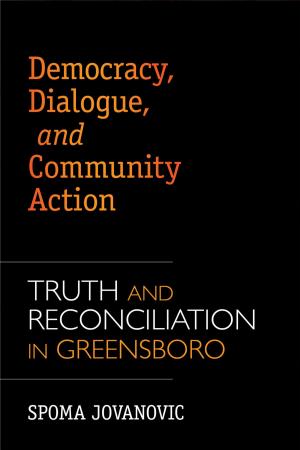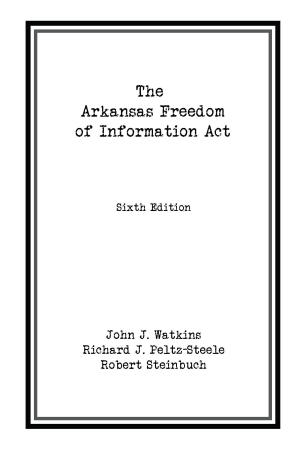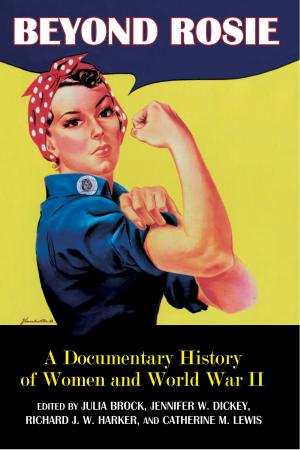Moving Boarders
Skateboarding and the Changing Landscape of Urban Youth Sports
Nonfiction, Sports, Individual Sports, Skateboarding, Social & Cultural Studies, Social Science, Sociology, Urban| Author: | Matthew Atencio, Becky Beal, E. Missy Wright, ZáNean McClain | ISBN: | 9781610756532 |
| Publisher: | University of Arkansas Press | Publication: | December 3, 2018 |
| Imprint: | University of Arkansas Press | Language: | English |
| Author: | Matthew Atencio, Becky Beal, E. Missy Wright, ZáNean McClain |
| ISBN: | 9781610756532 |
| Publisher: | University of Arkansas Press |
| Publication: | December 3, 2018 |
| Imprint: | University of Arkansas Press |
| Language: | English |
Once considered a kind of delinquent activity, skateboarding is on track to join soccer, baseball, and basketball as an approved way for American children to pass the after-school hours. With family skateboarding in the San Francisco Bay Area as its focus, Moving Boarders explores this switch in stance, integrating first-person interviews and direct observations to provide a rich portrait of youth skateboarders, their parents, and the social and market forces that drive them toward the skate park.
This excellent treatise on the contemporary youth sports scene examines how modern families embrace skateboarding and the role commerce plays in this unexpected new parent culture, and highlights how private corporations, community leaders, parks and recreation departments, and nonprofits like the Tony Hawk Foundation have united to energize skate parks—like soccer fields before them—as platforms for community engagement and the creation of social and economic capital.
Once considered a kind of delinquent activity, skateboarding is on track to join soccer, baseball, and basketball as an approved way for American children to pass the after-school hours. With family skateboarding in the San Francisco Bay Area as its focus, Moving Boarders explores this switch in stance, integrating first-person interviews and direct observations to provide a rich portrait of youth skateboarders, their parents, and the social and market forces that drive them toward the skate park.
This excellent treatise on the contemporary youth sports scene examines how modern families embrace skateboarding and the role commerce plays in this unexpected new parent culture, and highlights how private corporations, community leaders, parks and recreation departments, and nonprofits like the Tony Hawk Foundation have united to energize skate parks—like soccer fields before them—as platforms for community engagement and the creation of social and economic capital.















